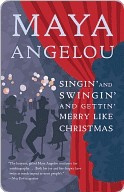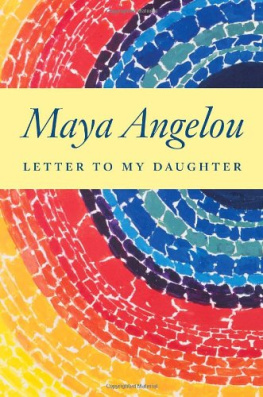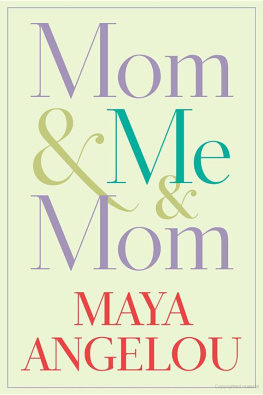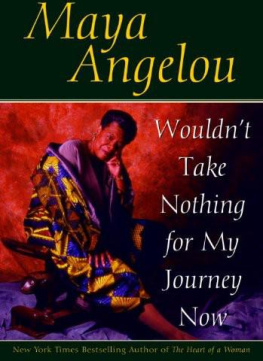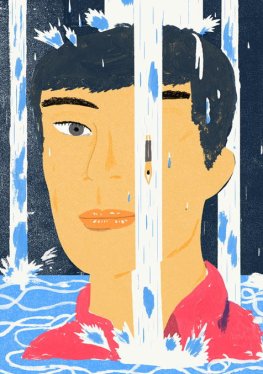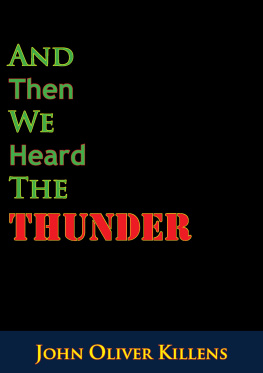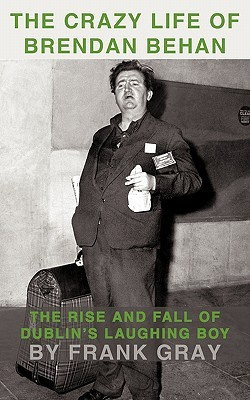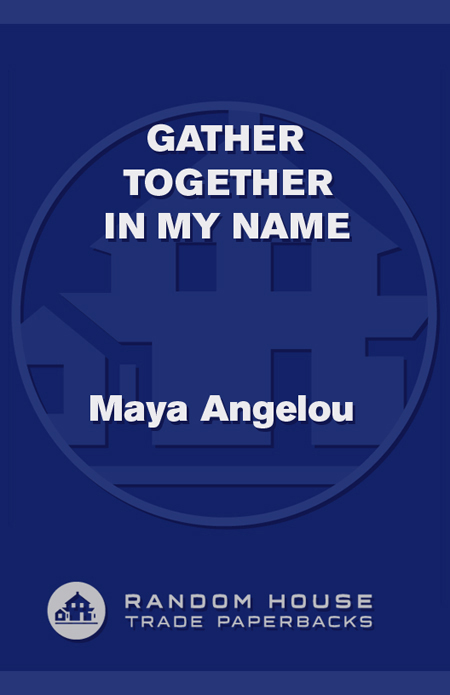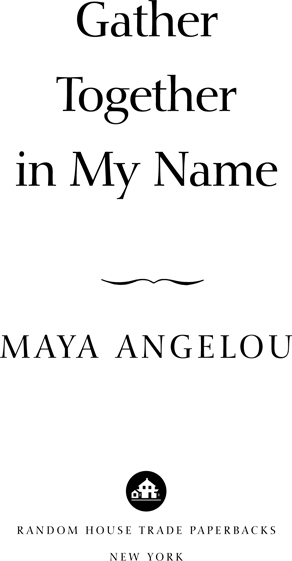ALSO BY MAYA ANGELOU
AUTOBIOGRAPHY
I Know Why the Caged Bird Sings
Singin' and Swingin' and Gettin' Merry Like Christmas
The Heart of a Woman
All God's Children Need Traveling Shoes
A Song Flung Up to Heaven
ESSAYS
Wouldn't Take Nothing for My Journey Now
Even the Stars Look Lonesome
Letter to My Daughter
POETRY
Just Give Me a Cool Drink of Water 'fore I Diiie
Oh Pray My Wings Are Gonna Fit Me Well
And Still I Rise
Shaker, Why Don't You Sing?
I Shall Not Be Moved
On the Pulse of Morning
Phenomenal Woman
The Complete Collected Poems of Maya Angelou
A Brave and Startling Truth
Amazing Peace
Mother
Celebrations
CHILDREN'S BOOKS
My Painted House, My Friendly Chicken, and Me
Kofi and His Magic
PICTURE BOOKS
Now Sheba Sings the Song
Life Doesn't Frighten Me
COOKBOOK
Hallelujah! The Welcome Table
This book is dedicated to my blood brother
BAILEY JOHNSON
and to the other real brothers who encouraged me to be bodacious enough to invent my own life daily:
JAMES BALDWIN
KWESI BREW
DAVID DU BOIS
SAMUEL FLOYD
JOHN O. KILLENS
VAGABOND KING
LEO MAITLAND
VUSUMZI MAKE
JULIAN MAYFIELD
MAX ROACH
A special thanks to my friend
DOLLY MCPHERSON
It was a come as you are party and all y'all come. If you bring your own bottle, you'll be expected to share; if you don't it's all right, somebody will share with you. It was triumph and brotherhood. Everybody was a hero. Hadn't we all joined together to kick the hell out of de Gruber, and that fat Italian, and put that little rice-eating Tojo in his place?
Black men from the South who had held no tools more complicated than plows had learned to use lathes and borers and welding guns, and had brought in their quotas of war-making machines. Women who had only known maid's uniforms and mammy-made dresses donned the awkward men's pants and steel helmets, and made the ship-fitting sheds hum some buddy. Even the children had collected paper, and at the advice of elders who remembered World War I, balled the tin foil from cigarettes and chewing gum into balls as big as your head. Oh, it was a time.
Soldiers and sailors, and the few black Marines fresh from having buried death on a sandy South Pacific beach, stood around looking proud out of war-wise eyes.
Black-marketeers had sped around a million furtive corners trying to keep the community supplied with sugar, cigarettes, rationing stamps and butter. Prostitutes didn't even take the time to remove their seventy-five dollar shoes when they turned twenty-dollar tricks. Everyone was a part of the war effort.
And at last it had paid off in spades. We had won. Pimps got out of their polished cars and walked the streets of San Francisco only a little uneasy at the unusual exercise. Gamblers, ignoring their sensitive fingers, shook hands with shoeshine boys. Pulpits rang with the I told you so of ministers who knew that God was on the side of right and He would not see the righteous forsaken, nor their young beg bread. Beauticians spoke to the shipyard workers, who in turn spoke to the easy ladies. And everybody had soft little preparation-to-smile smiles on their faces.
I thought if war did not include killing, I'd like to see one every year. Something like a festival.
All the sacrifices had won us victory and now the good times were coming. Obviously, if we earned more than rationing would allow us to spend during wartime, things were really going to look up when restrictions were removed.
There was no need to discuss racial prejudice. Hadn't we all, black and white, just snatched the remaining Jews from the hell of concentration camps? Race prejudice was dead. A mistake made by a young country. Something to be forgiven as an unpleasant act committed by an intoxicated friend.
During the crisis, black people had often made more money in a month than they had seen in their whole lives. Black men did not leave their wives, driven away by an inability to provide for their families. They rode in public transport on a first-come/first-seated basis. And more times than not were called Mister/Missus at their jobs or by sales clerks.
Two months after V-Day war plants began to shut down, to cut back, to lay off employees. Some workers were offered tickets back to their Southern homes. Back to the mules they had left tied to the tree on ole Mistah Doo hickup farm. No good. Their expanded understanding could never again be accordioned into these narrow confines. They were free or at least nearer to freedom than ever before and they would not go back.
Those military heroes of a few months earlier, who were discharged from the Army in the city which knows how, began to be seen hanging on the ghetto corners like forgotten laundry left on a backyard fence. Their once starched khaki uniforms were gradually bastardized. An ETO jacket, plus medals, minus stripes, was worn with out-of-fashion zoot pants. The trim army pants, creases trained in symmetry, were topped by loud, color-crazed Hawaiian shirts. The shoes remained. Only the shoes. The Army had made those shoes to last. And dammit, they did.
Thus we lived through a major war. The question in the ghettos was, Can we make it through a minor peace?
I was seventeen, very old, embarrassingly young, with a son of two months, and I still lived with my mother and stepfather.
They offered me a chance to leave my baby with them and return to school. I refused. First, I reasoned with the righteous seriousness of youth, I was not Daddy Clidell Jackson's blood daughter and my child was his grandchild only as long as the union between Daddy and Mother held fast, and by then I had seen many weak links in their chain of marriage. Second, I considered that although I was Mother's child, she had left me with others until I was thirteen and why should she feel more responsibility for my child than she had felt for her own. Those were the pieces that made up the skin of my refusal, but the core was more painful, more solid, truer. A textured guilt was my familiar, my bedmate to whom I had turned my back. My daily companion whose hand I would not hold. The Christian teaching dinned into my ears in the small town in Arkansas would not be quieted by the big-city noise.
My son had no fatherso what did that make me? According to the Book, bastards were not to be allowed into the congregation of the righteous. There it was. I would get a job, and a room of my own, and take my beautiful son out into the world. I thought I might even move to another town and change our names.
During the months when I was tussled with my future and that of my son, the big house we lived in began to die. Suddenly jobless roomers, who lined their solemn trunks with memories before they packed in folds of disappointment, left San Francisco for Los Angeles, Chicago, Detroit, where they say jobs were begging for workers. The loud slams of the front doors were heard more seldom, and the upstairs kitchen, where the roomers exercised their cooking privileges, gave fewer and fewer of the exotic aromas which used to send me running to our kitchen for snacks.


